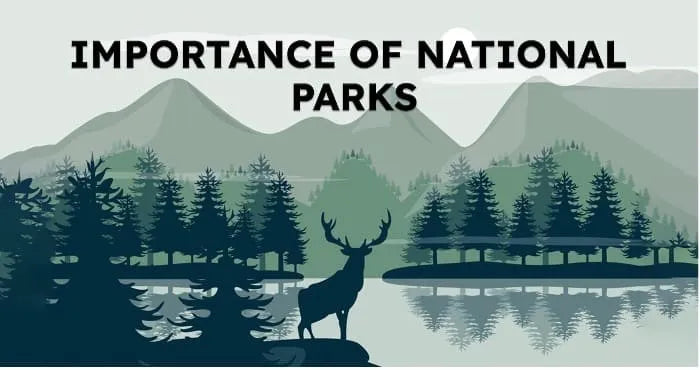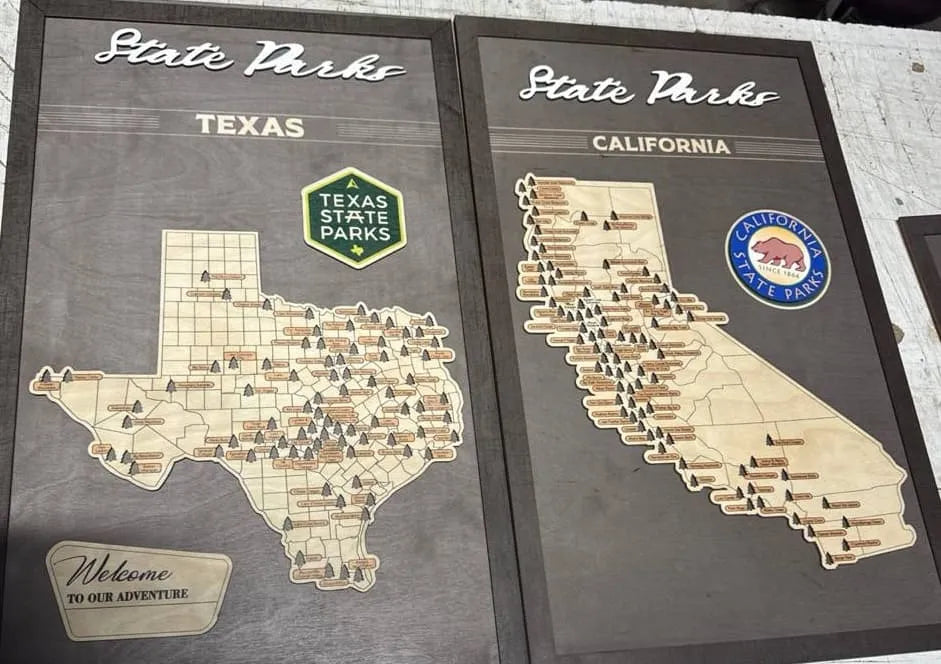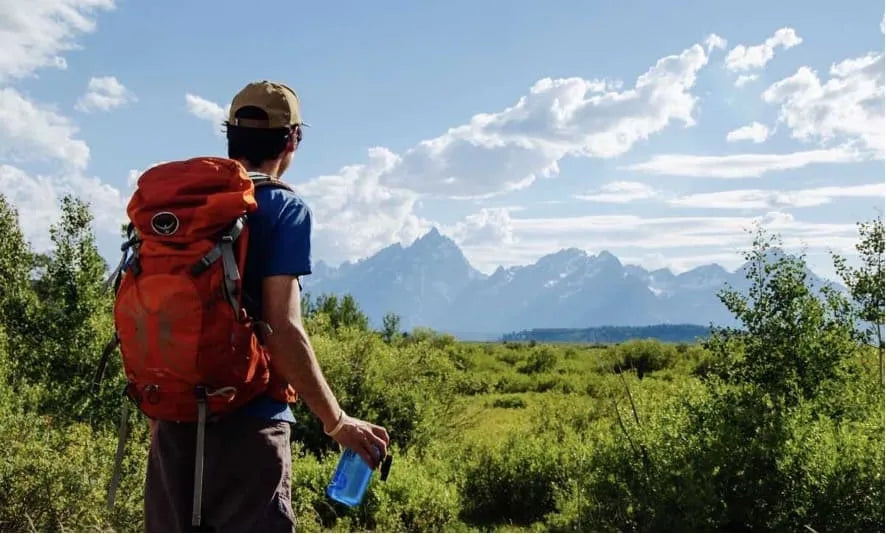There are many categories of nature conservation areas, with varying degrees of restrictions for human activity and subordination. National Parks are in the highest categories of nature conservation areas. This is a territory that is in state ownership and where economic activity is limited in order to preserve the natural environment.
What is a National Park?
A National Park is often confused with a Nature Reserve, a protected area of another category. The most significant difference is that nature reserves prohibit any economic activity and interference with the course of natural processes. What is National Park?
National Park Definition
National Park definition: an area designated as a conservation category that restricts certain human activities to prioritize the protection of biodiversity. It ensures that areas of great natural and cultural value are preserved for future generations.
Purpose of National Parks
The main objective of National Parks is to preserve areas that must be protected from human impacts due to their special characteristics. These parks are designed to protect the flora, fauna, and landscapes in order to maintain ecological integrity and keep human intervention to a minimum.
The Importance of National Parks
National Parks have important ecological, cultural, and societal significance. They are protected areas that preserve natural landscapes and biodiversity, including cultural heritage, for future generations. The importance of National Parks:
|
Environmental Protection |
How do National Parks help the environment? They conserve ecosystems by providing a zone where natural processes can take place without interference from human activity. This helps maintain biodiversity, prevent habitat loss, and uphold the basic resources of life—such as clean air, water, and soil, benefiting both wildlife and communities. |
|
Wildlife Conservation |
National parks protect threatened and endangered species, providing safe havens for wildlife to grow. What is the purpose of conservation? It acts as an advocate for habitats—facilitating genetic diversity, and allowing species recovery, which enable flora and fauna to continue with their evolution process as part of the greater ecosystem balance. |
|
Climate Change Mitigation |
National Parks help to reduce climate change by preserving large expanses of nature intact. Forests, wetlands, and oceans in parks absorb carbon dioxide from the atmosphere, while their natural barriers provide protection against extreme weather events and foster resilience to climate disruptions. |
Benefits of National Parks
There are numerous benefits of National Parks. Here are the most important benefits of National Parks:
- Economic Benefits. National parks provide significant economic benefits to local communities and the country. These areas attract millions of yearly visitors who spend money on accommodations, food, and other activities.
- Cultural and Historic Preservation. They protect cultural and historical heritage in the form of archaeological sites, sacred Indigenous lands, and ruins of historical structures. They also provide education through exhibitions and tours, promote heritage tourism, and assist Indigenous communities in land management to ensure that cultural traditions, historical landmarks, and landscapes are conserved for generations to come.
- Recreation and Mental Health. National parks provide opportunities for outdoor recreation, such as hiking, camping, and wildlife viewing. These activities can promote physical and mental health and encourage people to connect with nature.
Challenges Faced by National Parks
Challenges face national parks over their sustainability, with natural ecosystem preservation, among many other reasons.

Overcrowding and Tourism Impact
Overcrowding of national parks may suggest the degradation of ecosystems. With growing numbers of visitors, trails are eroded, wild animals are disturbed, and habitats are compromised. This problem is partially offset through parks' mechanisms for limiting the number of visitors, using a reservation system, and closing off sensitive areas.
Climate Change Threats
Hotter temperatures and erratic weather are disturbing the ecosystems of national parks. Species dependent on specific climates are forced to either migrate or become extinct. Climate change also increases the frequency and intensity of wildfires, thus threatening biodiversity and human infrastructure.
Funding and Maintenance Issues
Most national parks have limited budgets, so repairs and improvements are endlessly delayed. Budgetary delays can directly impact public safety and visitor experience. Many national parks depend on private donations, grants, and partnerships for supplementary funding, which is irregular and may cause inequality among parks.
So, why are National Parks important? They protect biodiversity and ecosystems and contribute to the struggle against climate change. They serve as secure habitats for the wild, protect cultural and historical heritage, and offer opportunities for recreation and education. In short, National Parks play an important role in sustaining our natural and cultural resources on this planet for future generations.






Leave a comment
This site is protected by hCaptcha and the hCaptcha Privacy Policy and Terms of Service apply.